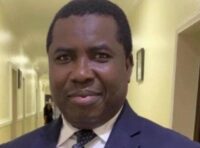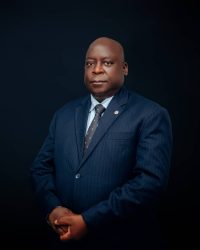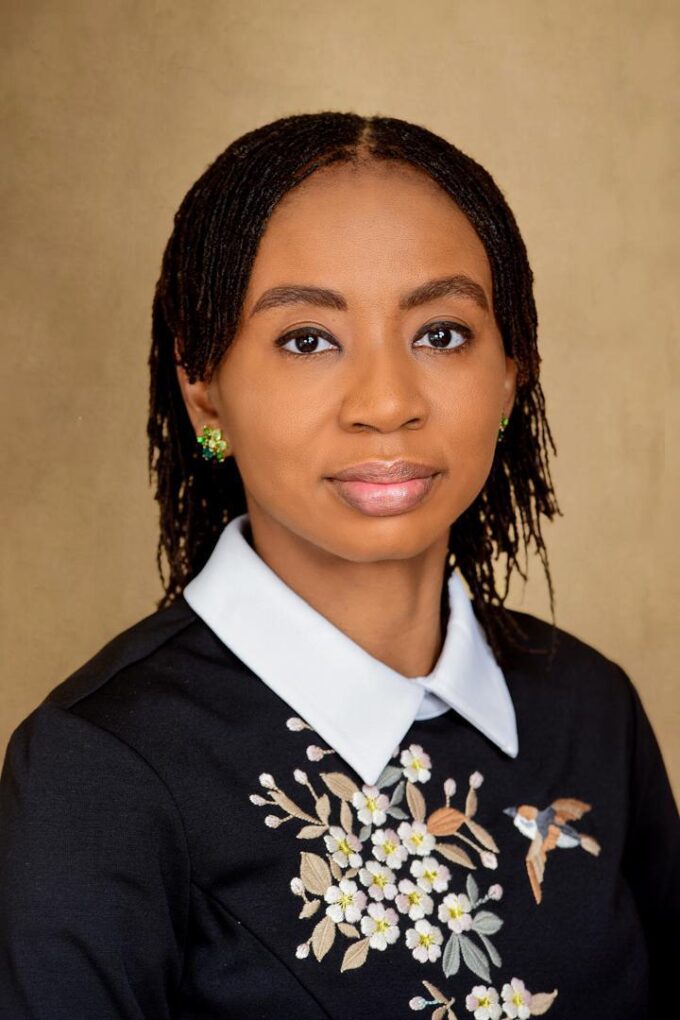In a bid to promote inclusive and ethical investing within the Nigerian pension industry, stakeholders recently convened for an Investment Knowledge Session themed “Demystifying Non-Interest Shari’ah-Compliant Investments”.
The session focused on raising awareness about non-interest financial products, addressing misconceptions, and exploring the increasing relevance of Fund VI under the Multi-Fund Structure of Nigeria’s pension industry.
Kicking off the session, Oguche Agudah, CEO of the Pension Fund Operators Association of Nigeria (PenOp), announced that earlier in the year the regulator had inaugurated the Pension Industry Non-Interest Advisory Committee (PINAC). He emphasized the need for open dialogue between investment professionals and non-interest banking practitioners to close the information gap and encourage wider participation in ethical finance options that avoid usury.
Over the past three years, Fund VI has experienced notable growth, reflecting a rising interest in Shari’ah-compliant retirement options. Professor Adam M. Abubakar of the PINAC Committee emphasized the committee’s role in expanding awareness among pension contributors and aligning investment practices with religious and ethical principles
From a regulatory standpoint, Patience Uzoma, who is the Unit Head,Market Supervision outlined the strategic importance of non-interest funds in offering competitive returns while adhering to Islamic principles.
She reaffirmed that PINAC would help promote transparency and guide the development of globally aligned ethical pension investment products.
The session also featured Onajite Esharegharan, the Head of Corporate Banking from Taj Bank, who introduced the audience to non-interest banking and its asset-backed, ethical product offerings, such as the Mudaraba Current Account and the forthcoming ₦20 billion Sukuk. She explained that Taj Bank’s model ensures profit-sharing, transparency, and buffers to protect investors against market volatility, making it attractive for institutional portfolios like pension funds.
Discussions also addressed key regulatory concerns, risk-sharing mechanisms, and sustainability of returns. Attendees explored questions about fixed income products, the compliance process for pension funds investing in non-interest financial instruments, and the long-term viability of buffers in times of economic uncertainty.
Akinbola Akintola, the head of research and investor relations atPenOp, who moderated key segments of the session, called for a more inclusive conversation across stakeholders in the pension and capital markets. “There’s a significant education gap,” he said. “We must consistently communicate that these funds not only meet compliance standards but also align with deeply held values.”
This session marks another step in expanding Nigeria’s pension investment horizon through faith-aligned, inclusive financial instruments. Stakeholders are encouraged to build on this momentum to ensure that all RSA holders—regardless of belief—can secure a dignified retirement in line with their values.











